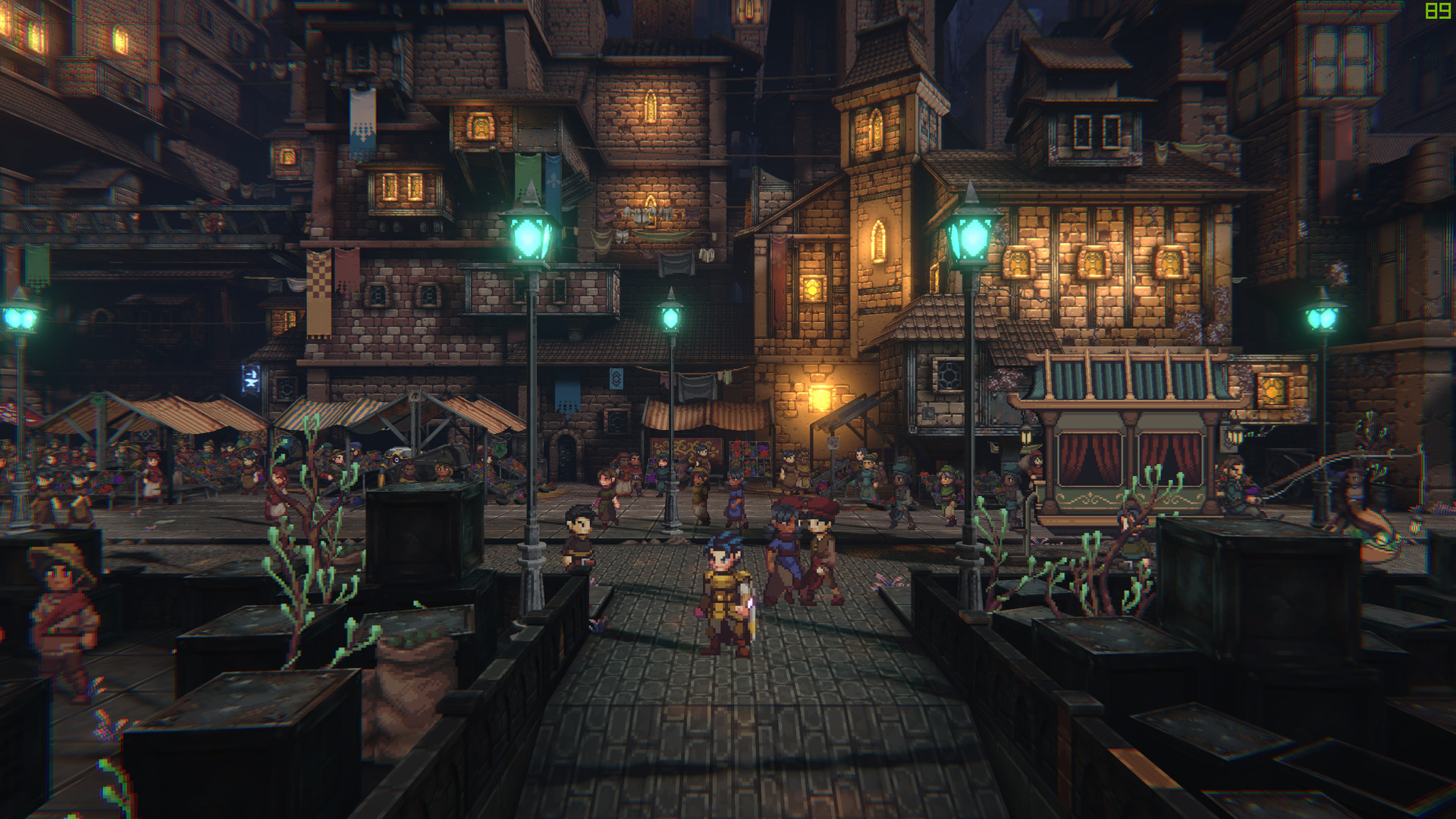The Impact of Roleplaying Game Interactive Fiction on Contemporary Storytelling
RPGs have evolved dramatically over the years, transforming from straightforward text-based adventures to elaborate, immersive worlds teeming with rich narratives and character development. As technology advances, so too does the potential of these games to convey intricate stories that connect deeply with players. The participatory nature of RPGs allows individuals not only to consume narrative content but to intentionally shape it through their choices and actions. This special experience fosters a profound connection between the player and the unfolding story, blurring the lines between traditional storytelling and interactive entertainment.
The impact of RPG games on modern storytelling is substantial, as they challenge conventional narrative structures and invite players to explore multiple threads and outcomes. Unlike more linear forms of storytelling, RPGs offer a fluid landscape where player agency determines the course of events. This element of choice adds layers of complexity, enriching the narrative and allowing for personalized experiences that can differ greatly among players. As we delve deeper into the effect of RPGs on narrative techniques and character development, it becomes evident how they are reshaping the way stories are told and experienced in the digital age.
Hero Growth in Role-Playing Games
Character growth is a cornerstone of role-playing games, allowing players to design and evolve unique avatars that represent their choices and experiences. In many RPGs, gamers begin by tailoring their character's look, abilities, and background, preparing the stage for a quest filled with self-discovery. This personalization not only improves immersion but also fosters a deeper affective connection between the player and their avatar as they journey through challenges and triumphs.
As players advance, they face various situations that influence their character's development. Choices made during adventures and interactions with NPCs can result in different outcomes, influencing connections and story arcs. This fluid quality of hero development enables players to experience multiple facets of the story, as choices may culminate in distinct occurrences or endings. The sense of agency in crafting a character's personality and destiny creates a captivating journey that reinforces the game's narrative.
Moreover, RPGs often add skill trees and progression mechanics that further boost character growth. As Idle Arcana acquire experience, they can learn additional skills or improve existing ones, allowing for strategic gameplay. This progression is not only functional; it mirrors a character's journey, creating a sense of achievement as gamers see their character evolve in response to their decisions. Ultimately, the complex character growth in RPG games enhances the overall storytelling, making each gamer's adventure unique and memorable.
Narrative Techniques in RPG Storytelling
Another of the hallmark narrative techniques in RPG storytelling is non-linear storytelling. Players typically make choices that substantially impact the direction of the story, leading to multiple outcomes and endings. This engagement allows players to mold their own experiences, fostering a greater emotional investment in the storyline. Instead of adhering to a one-dimensional path, the players explore a web of potential consequences that enrich the narrative and boost replayability.
A further important aspect is the inclusion of character development and backstories. RPGs typically feature a collection of varied characters, every with their own histories, motivations, and growth arcs. Players can connect with these characters, influencing their paths and decisions through dialogue choices. This exchange fosters a more immersive experience, as players feel connected to the characters and invested in their development throughout the game.
In conclusion, world-building plays a crucial role in RPG storytelling. The immersive environments and abundant lore provide a backdrop that invites players to discover, and interface with the narrative on a deeper level. Comprehensive histories, cultures, and settings contribute to a sense of realism and complexity, making the world feel vibrant and thriving. As players uncover secrets and learn about the world, they become more immersed in the overarching story, improving their overall gaming experience.
Influence of RPGs on Different Forms of Media
Role-Playing Games have greatly influenced storytelling styles in different media types, particularly in literature, TV, and film. The profound character development and elaborate world-building present in Role-Playing Games have inspired authors to create more immersive narratives that reflect these complex structures. Characters in these narratives often exhibit backstories, drives, and growth similar to those found in Role-Playing Game protagonists, permitting audiences to form deeper emotional connections with them.

Television series have also embraced RPG narrative formats, especially in series that thrive on ensemble casts and long-term character arcs. Shows that incorporate elements such as missions, moral dilemmas, and character progression reflect the storytelling patterns of Role-Playing Games. This method not only engages viewers but also enables writers to explore numerous subplots and character relationships in a way that keeps audiences engaged over time, similar to how players engage with a game’s narrative.
The movie industry has not been exempt to the effect of RPG games either. Numerous movies now employ narrative techniques based on RPGs, including divergent storylines and decision-making concepts. These films often offer scenarios where characters must make critical decisions, echoing the interactive and decision-based nature of Role-Playing Game gameplay. As a result, the blending of RPG elements into popular media has led to a richer and more captivating storytelling journey for audiences globally.